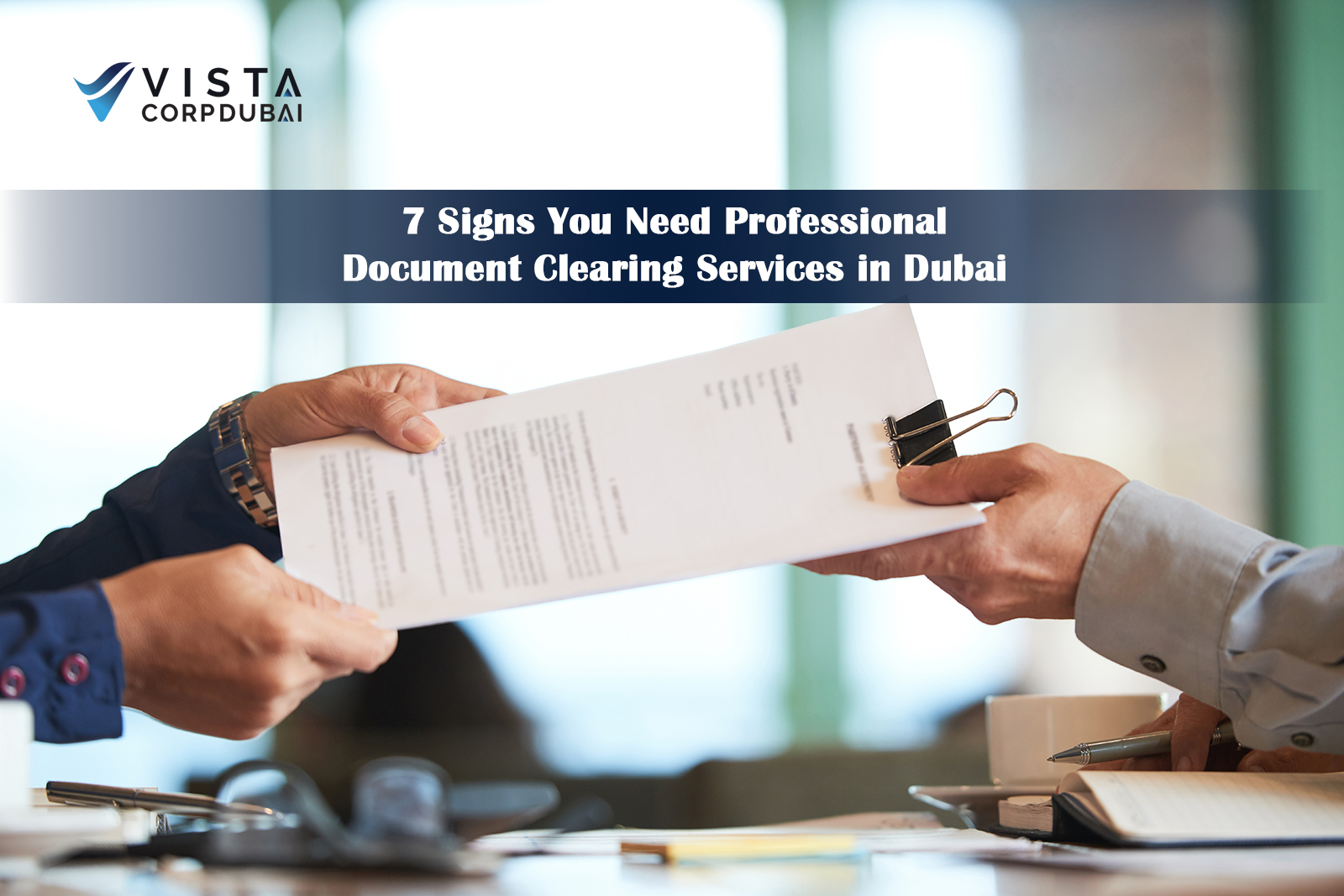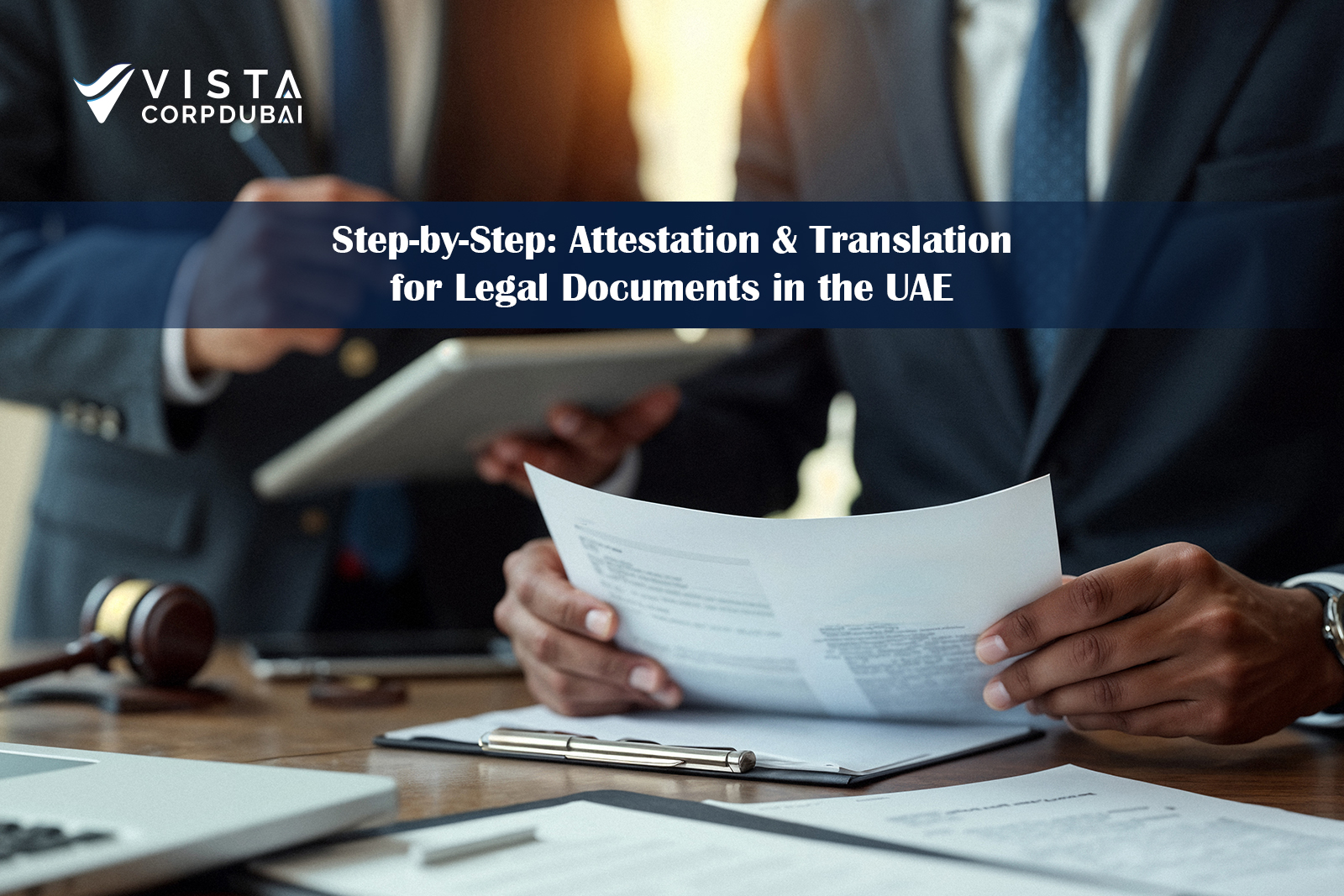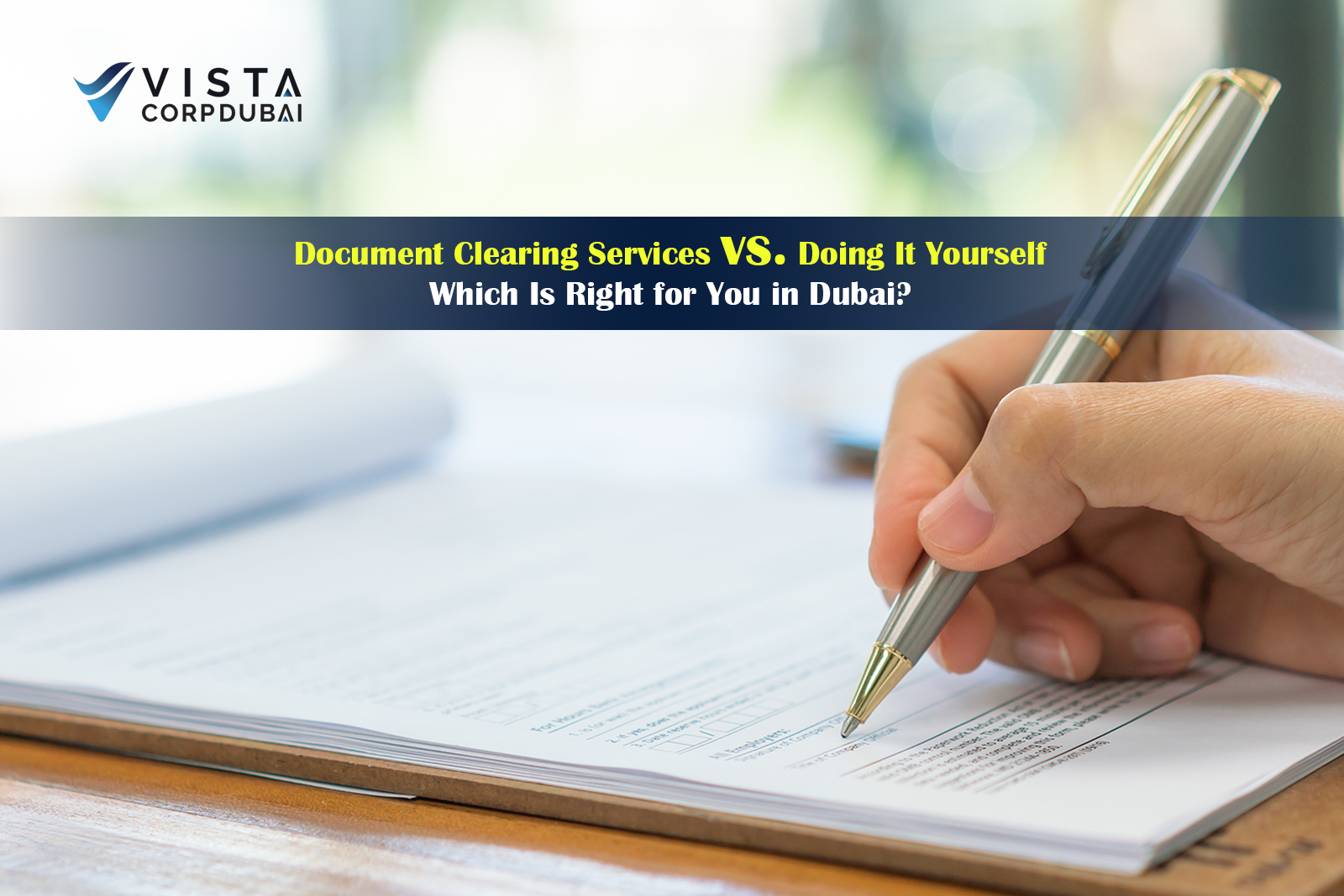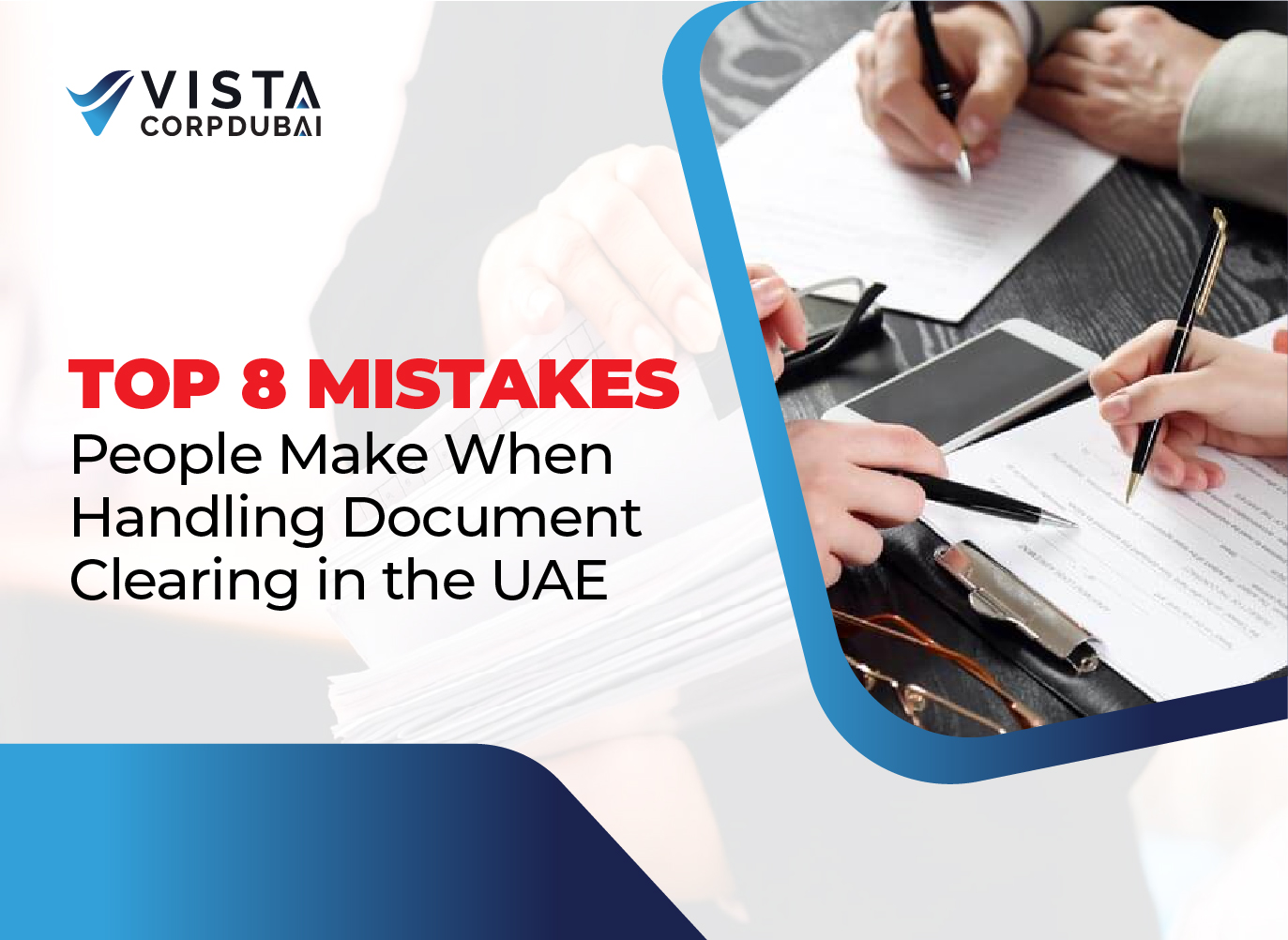In the UAE, having a document is not enough, it needs to speak the language of legality. Whether you’re relocating for work, starting a business, pursuing higher studies, or handling personal affairs, your documents must be properly attested and translated to be legally recognised. Missing a step can lead to delays, rejections, or even legal complications.
This comprehensive guide explores the attestation and translation process in the UAE, breaking down each step, highlighting practical tips, and providing insights to avoid common mistakes. By the end, you’ll know exactly how to ensure your documents are accepted without hassle.
What Is Document Attestation in the UAE?
Document attestation is the process of verifying a foreign-issued document’s authenticity, making it legally valid in the UAE. Simply having a document does not guarantee acceptance. Authorities like employers, universities, banks, or government departments require attested documents to confirm legitimacy.
Documents that typically require attestation include:
- Educational certificates for employment or further studies
- Personal documents like birth and marriage certificates
- Professional and legal documents such as powers of attorney, employment contracts, or company registration papers
- Business documents like trade licenses, agreements, and MOUs
The UAE Ministry of Foreign Affairs (MOFA), UAE embassies, and local notaries are the main authorities involved in the attestation process.
Fun fact: The UAE is among the few countries that maintain a strict attestation protocol, which ensures that foreign documents meet local legal standards, especially in areas like employment, business, and property registration.
Why Legal Translation Is Essential
Arabic is the official language of the UAE, so foreign documents often need certified translation into Arabic. Without it, even attested documents may be rejected by authorities.
The benefits of certified translation include:
- Clarity for authorities: Prevents misinterpretations in legal or administrative procedures
- Mandatory for MOFA attestation: Some documents will not be attested without translation
- Faster processing: Reduces delays in visa approvals, business registration, or educational verification
Legal translation is not just about language, it’s about accuracy and compliance. For example, a misspelled name on a translated power of attorney can create major legal problems during property registration.
Services commonly used:
- Certified legal translation
- Arabic translation for legal documents
- Notarised translations for courts or government use
Step 1: Notarisation in Your Home Country
Notarisation is the first official verification step. It confirms that your documents and signatures are genuine before they are sent for attestation abroad.
- Visit a local notary or authorised government office
- Verify the authenticity of signatures and document content
- Essential for documents such as:
- Degrees and transcripts
- Powers of attorney
- Marriage certificates
- Degrees and transcripts
Pro tip: Some countries allow digital notarisation. Always confirm if the UAE embassy accepts digitally notarised documents to save time.
Step 2: Attestation by Local Authorities
Once notarised, documents must be certified by the relevant government department in your country:
- Educational certificates: Ministry of Education or relevant authority
- Personal documents: Local civil registry or municipality
- Professional documents: Ministry of Labour, Trade, or equivalent
This ensures that your documents are recognised internationally, forming the foundation for UAE legal compliance.
Example: If you are applying for a UAE employment visa, a degree from India must first be attested by the Indian Ministry of Education, then by the UAE Embassy, and finally MOFA.
Step 3: UAE Embassy Attestation
The UAE embassy provides the next layer of verification, ensuring the document is legitimate for use in the UAE.
- Confirms authenticity and prior attestations
- Required for visas, business registrations, or academic recognition
- May involve additional checks depending on the document type
Tip: Embassy requirements vary. Some documents may need additional certification, apostille, or verification. Always consult embassy guidelines before submission.
Step 4: MOFA Attestation in the UAE
The UAE Ministry of Foreign Affairs (MOFA) is the final checkpoint for attestation:
- Verifies all prior attestations from embassies and origin authorities
- Grants legal validity within the UAE
- Required for employment, residency, business registration, or court matters
Timeline: Typically 1–3 working days, but processing can vary depending on document type, complexity, and service provider efficiency.
Insider tip: Some agencies offer MOFA-attested translations, allowing you to skip multiple trips and saving days in processing.
Step 5: Certified Translation in the UAE
After MOFA attestation, most foreign documents require Arabic translation, especially for:
- Employment contracts
- Marriage certificates
- Business incorporation documents
- Power of attorney
Certified translations ensure:
- Accuracy and legal recognition
- Acceptance by UAE authorities
- Compliance with regulations
Pro tip: Always choose official translation offices registered with UAE authorities. Non-certified translations can result in document rejection.
Step 6: Verification for Official Use
Once attested and translated, documents are ready for:
- Visa applications: Employment, residency, family
- Business setup: Company registration, trade license, partnership agreements
- Education: University admissions or professional licensing
- Legal purposes: Court filings, property registration, powers of attorney
Tip: Keep originals, attested copies, and translations ready. Authorities often request multiple verifications.
Common Documents Requiring Translation & Attestation
| Document Type | Attestation Required | Translation Required |
| Degree / Diploma | MOFA + Embassy | Arabic |
| Birth Certificate | Yes | Arabic |
| Marriage Certificate | Yes | Arabic |
| Power of Attorney | Yes | Arabic |
| Employment Contract | Optional | Arabic |
| Commercial License | Yes | Optional |
Case Study: Degree Attestation in the UAE
If you are applying for employment or higher studies:
- Notarisation in your country
- Attestation by the Ministry of Education
- UAE Embassy attestation
- MOFA attestation
- Arabic translation (if required)
Processing time: 3–7 days, depending on the type of degree and service provider.
Example: A degree holder from the UK applying for a UAE employment visa must have their degree notarised, attested by the UK Foreign Office, UAE Embassy, and MOFA, with Arabic translation ready for submission to MOHRE.
Birth & Marriage Certificate Translation UAE
Personal documents like birth and marriage certificates are crucial for:
- Family sponsorship
- Residency visa applications
- Legal matters such as inheritance or property registration
Process: Notarisation → Ministry → UAE Embassy → MOFA → Arabic translation
Tip: Certified translation is non-negotiable, incorrect translations are a common cause of visa delays.
Attestation for Employment Visa UAE
Employment visa applications in the UAE require:
- Educational certificates for qualification verification
- Degree attestation for professional licensing
- Translation into Arabic for acceptance by MOHRE (Ministry of Human Resources & Emiratisation)
Hiring a trusted attestation and translation service streamlines the process and avoids repeated trips.
Legal Translation for Real Estate & Business Documents
Businesses in Dubai often require certified translations for:
- Contracts and agreements
- Powers of attorney
- Company incorporation documents
- MOUs and partnership agreements
Certified translation ensures:
- Compliance with UAE laws
- Acceptance by courts, banks, and government authorities
- Protection against disputes or misinterpretation
Case example: A property developer registering a project in Dubai must submit MOFA-attested contracts and Arabic translations to the Dubai Land Department to ensure legal compliance.
The Role of Escrow in Document Compliance
Real estate developers often deal with escrow accounts, which require precise documentation:
- Project approvals
- Financial statements
- Customer agreements
Attested and translated documents ensure smooth regulatory approvals and prevent legal complications with buyers.
Timeline & Costs for Document Attestation
- Notarisation: 1–2 days
- Embassy attestation: 2–5 days
- MOFA attestation: 1–3 days
- Translation & certified translation: 1–2 days
Tip: Hiring professional attestation and translation services saves time, prevents errors, and ensures compliance.
Common Mistakes to Avoid
- Skipping notarisation: Embassy attestation alone is insufficient
- Incorrect translation: Can result in document rejection by MOFA
- Using unregistered service providers: Only certified translation and attestation agencies are accepted
- Ignoring embassy-specific requirements: Each embassy may have unique rules
- Missing documents: Always double-check the document list before submission
Choosing the Right Attestation & Translation Service
Professional services offer:
- Guidance for MOFA attestation in the UAE
- Certified Arabic translation for all legal documents
- Embassy liaison for smooth processing
- End-to-end support for personal, academic, and business documents
Pro tip: Select an agency with experience in business, education, and personal documentation to cover all bases efficiently.
Vista Corporate Group: Simplifying Your UAE Document Process
At Vista Corporate Group, we help individuals and businesses navigate:
- Document attestation
- Certified Arabic translation
- Embassy and MOFA procedures
- Real estate, business, and employment document compliance
We ensure:
- Compliance with UAE regulations
- Quick turnaround
- Error-free processing
Contact us today to make your attestation and translation process stress-free.
Quick Recap: Document Legalisation in the UAE
- Notarisation in the country of origin
- Attestation by local authorities / Ministry
- UAE Embassy attestation
- MOFA attestation UAE
- Certified Arabic translation (if required)
- Ready for visa, employment, business, or education purposes
By following this step-by-step guide, you can ensure your documents are fully compliant, attested, and legally recognised in the UAE, avoiding delays, rejections, and legal complications. Proper attestation and translation save time, reduce stress, and guarantee smooth processing for employment, business, education, or legal purposes.











